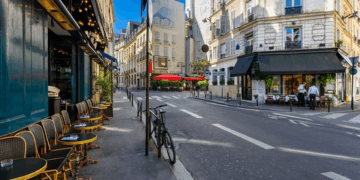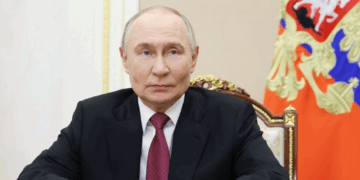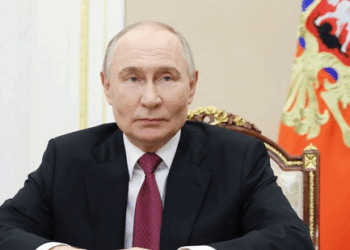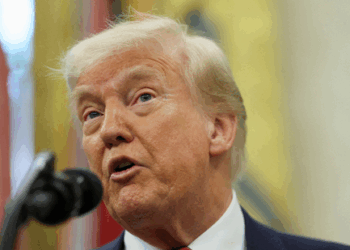In the wake of the Hindenburg report, which shook India’s financial markets with its explosive allegations, one name that has surfaced is Dhaval Buch, the husband of Madhabi Puri Buch, the current Chairperson of the Securities and Exchange Board of India (SEBI). As the report’s implications continue to ripple through the financial landscape, questions have arisen about who Dhaval Buch is and what his role might be in the ongoing controversy.
Dhaval Buch is a seasoned professional with a career spanning over three decades in the corporate world. He began his journey at Hindustan Unilever Limited (HUL), one of India’s largest and most respected consumer goods companies. Over the years, Buch climbed the corporate ladder, holding various key positions within the company, including roles in manufacturing, supply chain, and as a member of the HUL Management Committee. His tenure at Unilever took him across the globe, with significant stints in markets like China, Vietnam, and Indonesia.
After retiring from Unilever in 2016, Buch transitioned into roles as an independent consultant and board member for various companies. His expertise in operational excellence and supply chain management has made him a sought-after figure in the corporate sector. However, his name has recently been thrust into the limelight for reasons far removed from his corporate achievements.
The Hindenburg report, which has raised serious allegations against some of India’s biggest business conglomerates, mentioned Dhaval Buch in connection with possible conflicts of interest due to his relationship with the SEBI Chairperson. The report suggests that Buch’s corporate connections and his wife’s pivotal role in regulating the financial markets could pose potential ethical and regulatory concerns.
While SEBI has not yet officially responded to these allegations, the mention of Dhaval Buch in the report has sparked debates about the importance of transparency and integrity in regulatory bodies. Critics argue that even the appearance of a conflict of interest could undermine public confidence in SEBI, while supporters of the Buchs maintain that such connections are inevitable in a close-knit corporate and regulatory environment like India’s.
As the situation develops, the spotlight on Dhaval Buch is likely to intensify, with more scrutiny on his past roles and current associations. Whether these allegations lead to any formal investigations or policy changes at SEBI remains to be seen, but the controversy has already added a new layer of complexity to the ongoing discourse on corporate governance and regulatory oversight in India.








 India
India












